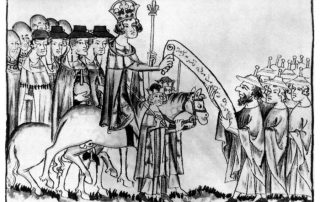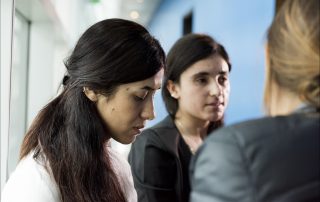Documenta fifteen: Art and antisemitism in Germany today
An international art festival in Germany sparked a national controversy about antisemitism in 2022, but the conversation largely left out the voices of actual German Jews, writes graduate fellow Martin H. Schwartz.







